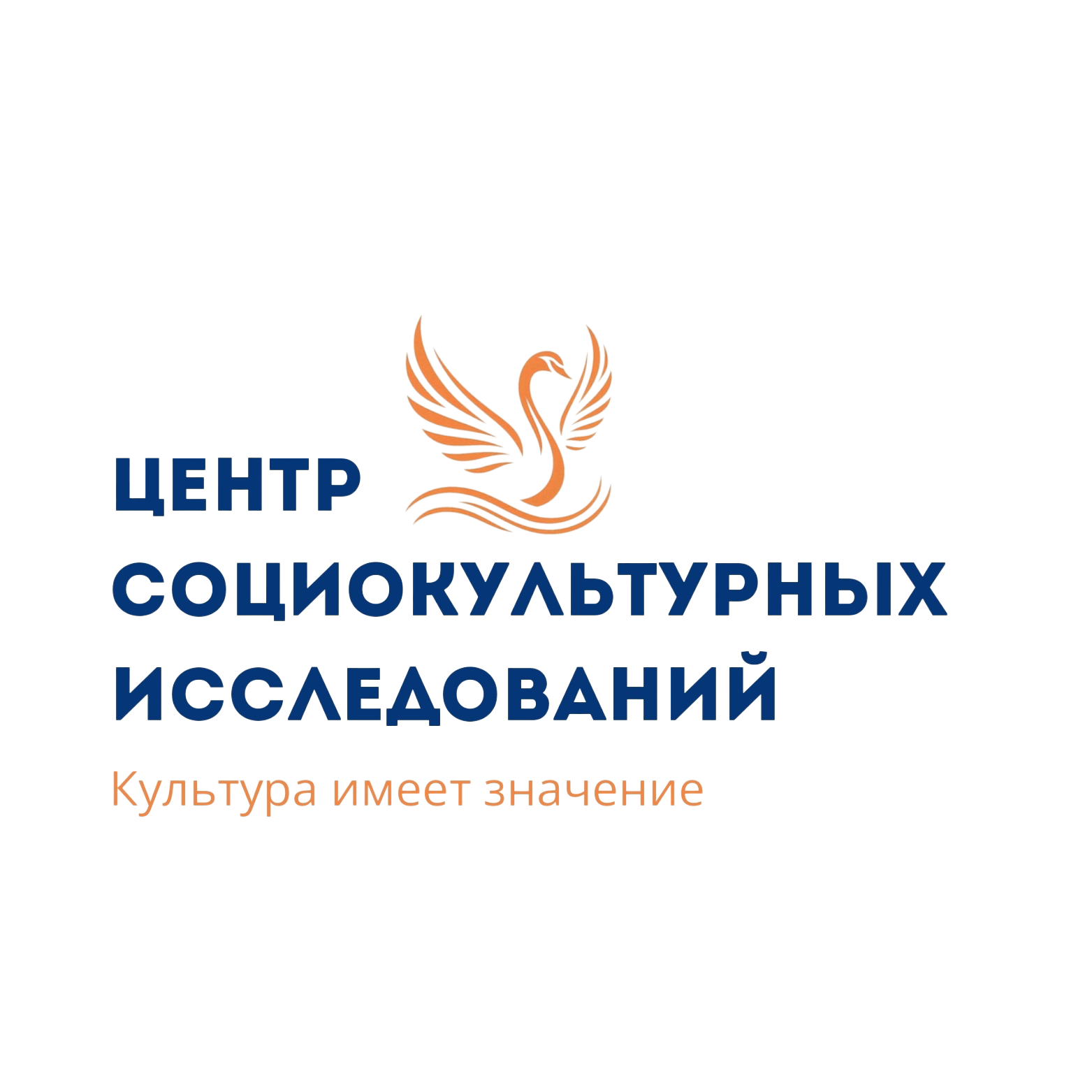Cерия семинаров c участием ведущих зарубежных специалистов Ягера Бастиана и Рахал Римы-Марии
Уважаемые коллеги!
Центр социокультурных исследований НИУ ВШЭ
приглашает Вас на серию онлайн научных семинаров «Modern socio-psychological perspectives for the research of first impressions and decision making»
В рамках данного семинара выступят
Бастиан Ягер
PhD, доцент, Университет Тилбурга, Нидерланды
с докладом на тему:
«Дискриминация по внешнему виду: социальная предвзятость и первое впечатление»
(«Facial discrimination: A social bias perspective on first impressions»)
Семинар состоится 18 ноября 2020 года в 15:00 в дистанционном формате на платформе ZOOM
Рабочий язык - английский
Резюме
People spontaneously judge a person’s character based on their facial appearance. Even though personality impressions from faces are generally inaccurate, they influence many consequential decisions such as interpersonal trust, criminal sentencing, and voting behavior. This overreliance on first impressions can lead to worse outcomes for decision-makers and systematic discrimination against people with a certain appearance. Whereas the biasing effects of first impressions are well documented, little is known about the underlying mechanism. In the first part of the report, there will be outline how cognitive (lay personality beliefs) and metacognitive (processing fluency) factors contribute to the persistent influence of first impressions. In the second part, there will be the results of two intervention studies which aimed at reducing the influence of first impressions.
Рима-Мария Рахал
PhD, научный сотрудник, Университет Тилбурга, Нидерланды
с докладом на тему:
«Когнитивные и аффективные процессы в процессе принятия решений»
(«Cognitive and affective processes in decision making»)
Семинар состоится 25 ноября 2020 года в 15:00 в дистанционном формате на платформе ZOOM
Рабочий язык - английский
Резюме
It is not easy to predict which choices people will make in many social, moral, economic and even legal contexts. Less straightforward, even, is the investigation of how decision makers come to make their choices. Unobtrusive tools are needed to study the cognitive and affective processes underlying decision behavior and show examples of the exploration of such work using eye-tracking and thermal imaging in different domains. Using eye-tracking to investigate cognitive processes in intergroup dilemmas, we studied decision makers’ struggles to decide between their acting according to their personal preferences for cooperating with others, and following the group norm to favor the in-group. Although in-group favoritism appeared to be pervasive in choices, only a minority of participants visually attended to group membership information and therefore drove this effect. In moral dilemmas, we studied decision makers’ choice processes while they deliberated whether to maximizing welfare or adhere to overarching moral rules such as the prohibition to harm others, finding eye-tracking evidence that contradicts the current dual process approach to understanding moral decisions. In judicial dilemmas, we studied via eye-tracking how decision makers balanced the benefits and costs of damages judgments to perpetrators, victims and society as a whole. Further, there will be evidence from thermal imaging research used to study affective processes in judgments of veracity.

